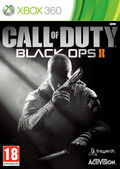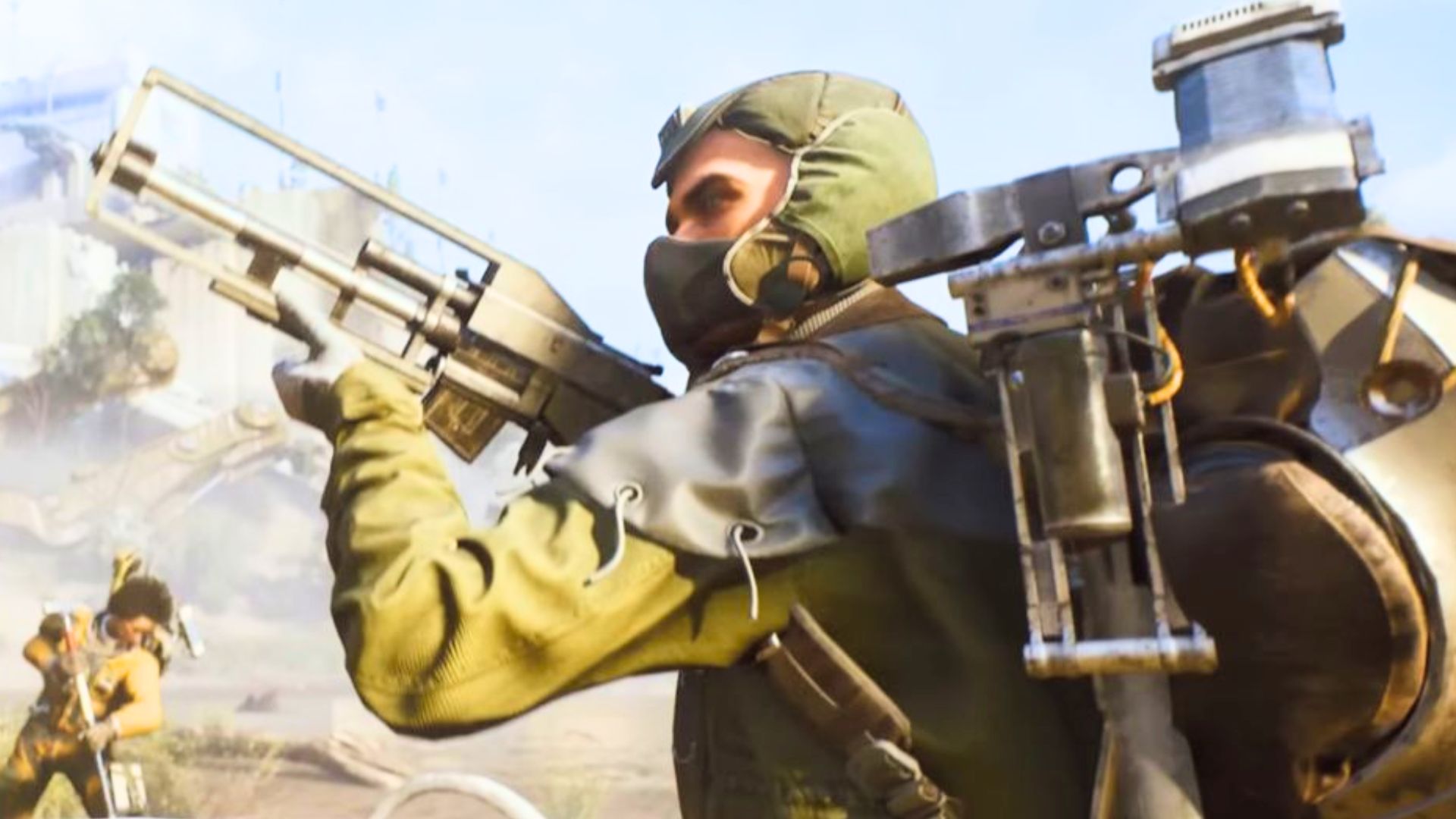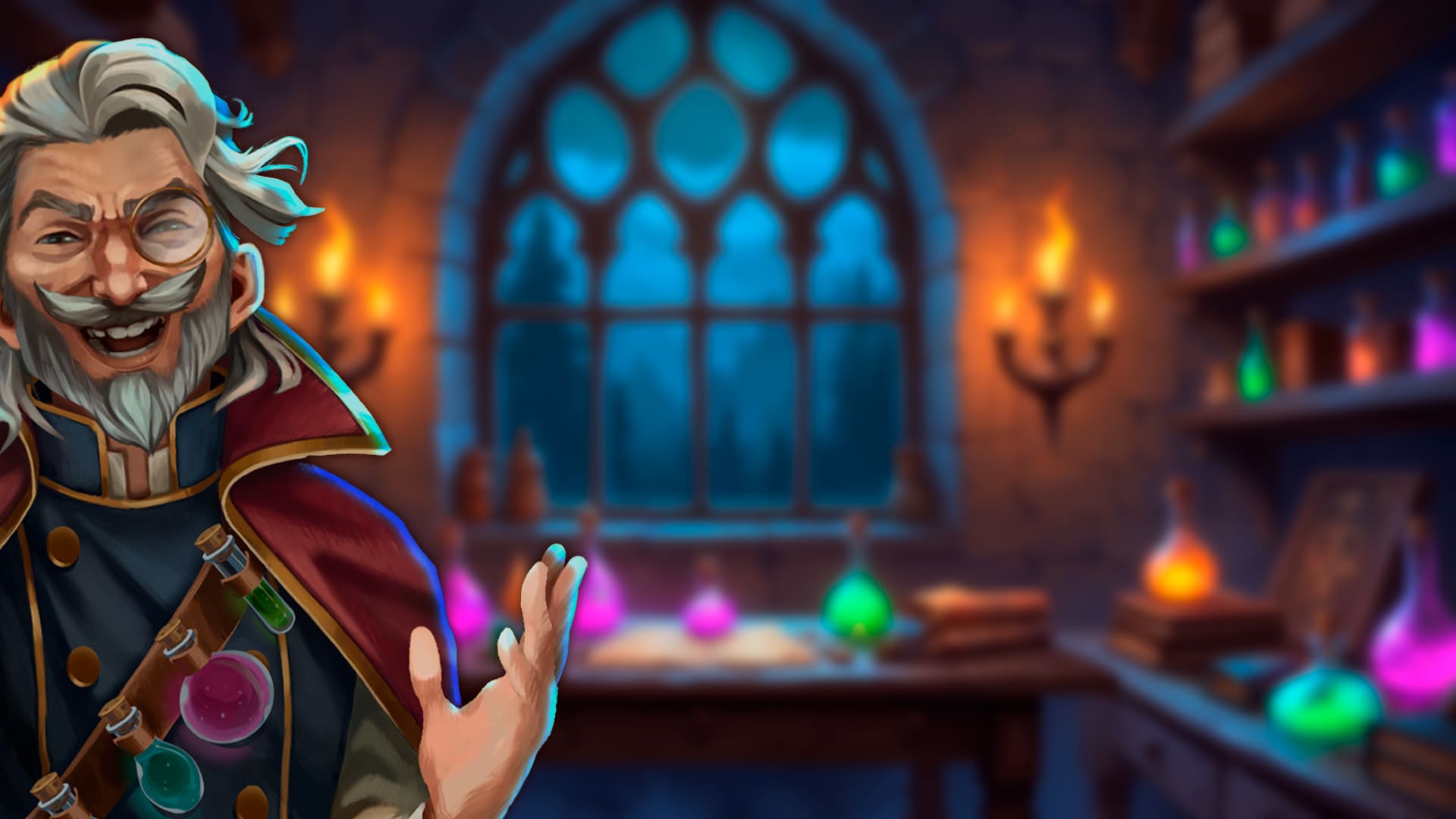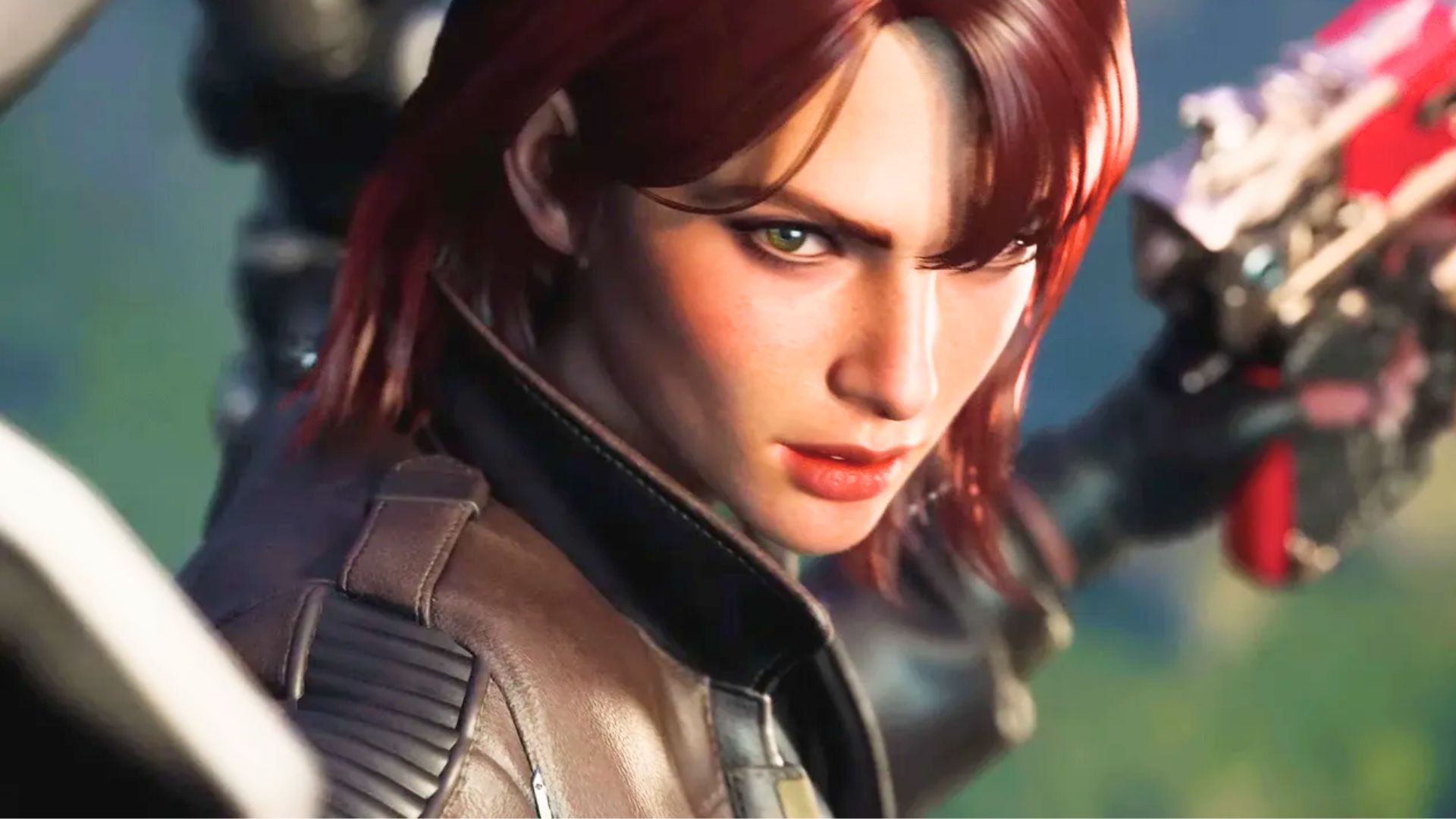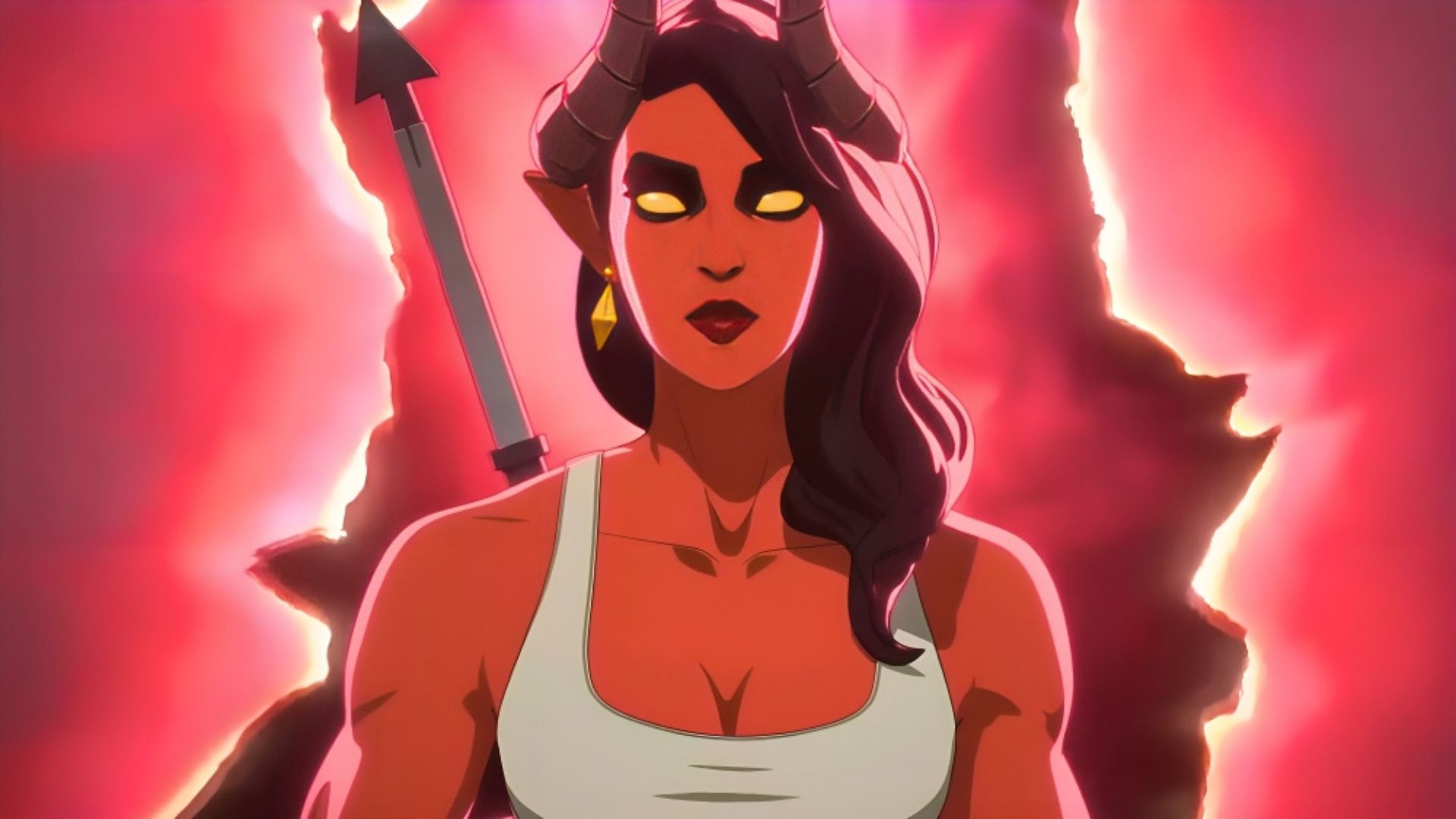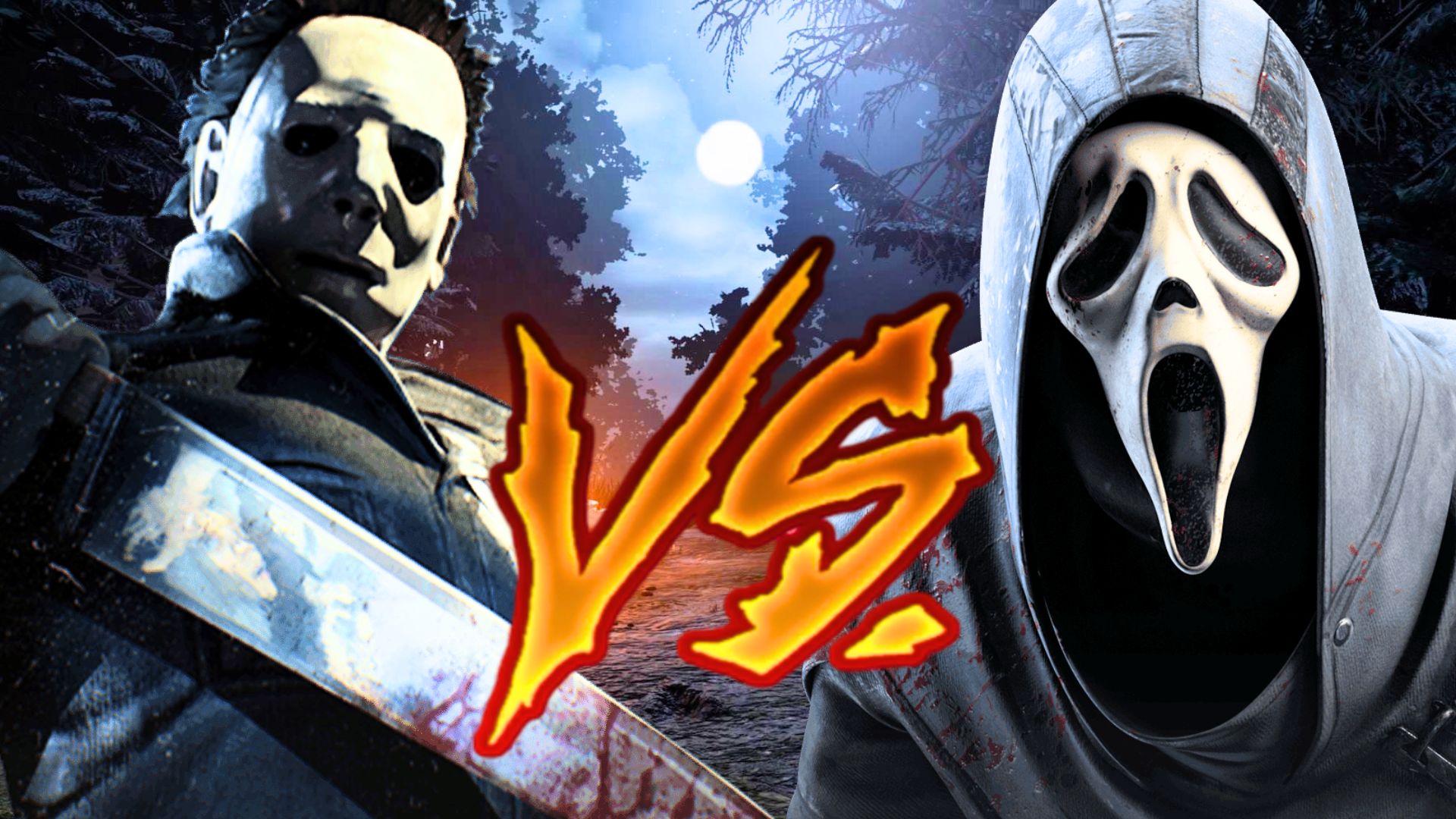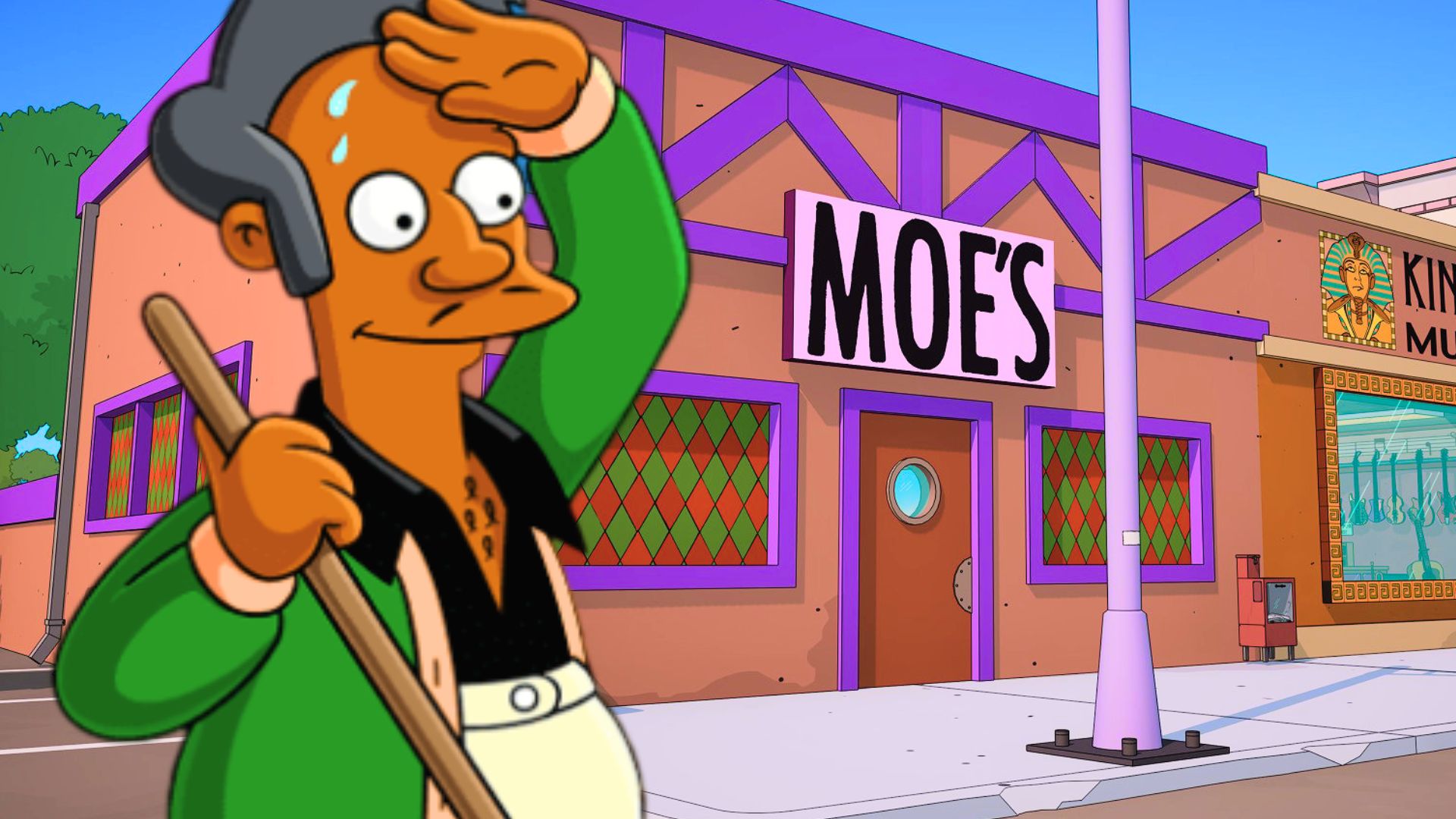You can trust VideoGamer. Our team of gaming experts spend hours testing and reviewing the latest games, to ensure you're reading the most comprehensive guide possible. Rest assured, all imagery and advice is unique and original. Check out how we test and review games here
As Treyarch prepares to unleash its futuristic conflict, VideoGamer talks to the studio about the war against Battlefield, the handheld skirmish, and how future console technology may fit into Call of Duty…
/https://oimg.videogamer.com/images/6cd1/blackops2.jpg)
VideoGamer.com: Black Ops II seems fairly different to previous Call of Duty titles, not just in setting, but in some of its gameplay mechanics, too. Why did Treyarch decide to explore different gameplay opportunities for the sequel? Did series fatigue play a part in the studio wanting to try something new?
John Rafacz, Director of Communications, Treyarch: Trying something new is a great way to characterise the decision to move into the near-future. Let’s back up into the first Black Ops game. Black Ops was really the first time that the studio had been given an opportunity to explore what they could bring to the Call of Duty universe outside of World War II. They really honed in on this way of telling their story: the history that you know and the operations that you don’t, and getting to play through those.
So they took a look at what they had done with Black Ops and, you know, they’re creative professionals, they want to push the envelope and try something new. Part of that meant telling a time-spanning narrative that allows you to see the development of characters a little bit more over the course of time, but also delve into that new realm of weaponry and gadgets that the first Cold War let them get into. So that’s really what shaped it.
But also, the reality is that the entire studio are all gamers. Some of us more so than others, but everyone’s sensitive to bringing experiences that are new, better and different. From that, things like Strike Force levels emerged, where non-linearity suddenly begins to be a part of that Call of Duty conversation. A new setting allows for this new kind of fiction and these new character arcs, but from a pure gameplay perspective players are rewarded with new toys and things to experience.
Q: Is there a fear that you’re losing focus on the fundamental aspect of Call of Duty? One minute Black Ops II is a shooter, the next it’s a turret shooter, then an arcade flight sim, and then a strategy-lite game. There now seem to be mini-boss fights, too. Do you think Call of Duty’s fundamental first-person shooting could get lost within all of the different elements you’re introducing?
JR: When you take a look at the Los Angeles and Strike Force levels back to back, I can understand why you’d ask that. When you talk about the core Call of Duty experience, particularly within single-player, there is still a total commitment to providing that cinematically intense, epic set-piece moment type of experience.
At the end of the day we’re telling you a story. Strike Force levels are conflicts that happen away from the main storyline, so there’s the opportunity to introduce a little bit more variety that still impacts the story, while mixing it up for fans a little bit. There have been criticisms levelled that it’s been too linear. Well, now there’s a little bit of non-linearity mixed in that still makes it relevant to the core experience. Focussing on that core experience is something that we do separately for each mode. The reason you play Zombies is different to why you’d play single-player, so it’s really about focussing on those core elements for each one. That’s why we really think you’re getting three games in one, because each one delivers its own unique experience.
Q: Do Strike Force missions carve a branching storyline or do they simply impact the ending?
JR: It shapes the fiction around the ending.
Q: So the result of a Strike Force mission doesn’t actually alter successive levels within the campaign? There’s no branching campaign?
JR: Correct. The core single-player experience is one that you and I will share. This is not that kind of experience. It’s an opportunity to introduce an element of non-linearity; action that takes place away from the main storyline. So it breaks up the gameplay but still helps shape that ultimate end.
Q: Can Strike Force be played in multiplayer? It seems built for two teams or two players to face-off against each other.
JR: Right now, it takes place purely within the single-player experience. There’s room for healthy speculation where something like this could go. We’re eager to see how people get into it. It’s the same sort of eagerness that we had around Zombies: here’s this cool thing that we had fun with that was an unlock. And that has progressed into its own thing to say the least. So we’re looking forward to see how well they’re received in single-player and take it from there.
Q: Treyarch was previously a multi-franchise developer but it’s now working exclusively on Call of Duty. Does focusing solely on one franchise excite the team, or does it pose a creative risk? Is Treyarch happy that it’s solely a Call of Duty developer?
JR: Absolutely. You’ve got a studio filled with creative professionals that are fortunate enough to have 30 or 40 million people interested in seeing their creativity come to life. As a creative professional, that is a blessing. It’s also the sort of challenge that you hope for. Having the opportunity to meet those expectations, they enjoy that challenge.
Q: Does Activision now see Treyarch as its primary Call of Duty studio?
JR: There are a number of studios in the Call of Duty family. Take a look back. Call of Duty: Big Red One was the first Treyarch game, and before that you had guys contributing to Finest Hour that would eventually make up Treyarch. So when you talk about a franchise with a rich tradition it’s a fair question, but the reality is that the business has grown and therefore the family has grown. There are a lot of guys who contribute to Call of Duty.
Q: How does Neversoft fit into that family?
JR: When I know, I’ll tell you. Other than just having heard it myself, that’s all I’ve got.
Q: Is Neversoft developing the Vita version, or is that being developed internally at Treyarch?
JR: I don’t know. With regards to the Vita, all I can tell you is that it’s quite literally declassified. That’s all that’s been announced.
Q: So you can’t tell me who’s developing the Vita version?
JR: [Shakes head].
Q: Or whether it will have interoperability between the console versions?
JR: [Shakes head] And that’s not even that I won’t tell you, it’s that I literally can’t tell you.
Q: How about a Wii U version? Is there one in development?
JR: Ah. Hit the nail on the head with that one. Right now we’ve announced that the game is coming for 360, PS3 and PC. Announcements regarding any other SKUs just haven’t been made.
Q: There was an article in a British magazine earlier this month that stated the game was coming to Wii U. Can you comment on that? Was that a mistake?
JR: I haven’t read the article.
Q: Say hypothetically Black Ops II was to come to Wii U. Can you see ways in which the GamePad could enhance a series like Call of Duty?
JR: Let’s not think about it in terms of Wii U. When you talk about any technology that can enhance the Call of Duty experience, that’s a technology that is worth considering. There’s that core Call of Duty experience and that is what fans expects, so anything that helps advance that is worth considering.
Q: Is Xbox SmartGlass one such technology?
JR: It may. When Microsoft made their announcement at E3, that’s really when we found out about it as well. Just like anything, we’ll take a look at it and figure out how, where, when and if it fits into what we want to do.
Q: Last month, EA stated that Battlefield 3 had “taken significant market share” from Call of Duty. Would you agree with that, and do you think there’s as strong demand for Call of Duty this year as there has been in previous years?
JR: The first-person shooter category has always been a competitive space. Treyarch will do what they have always done – and what I think you could say any Call of Duty developer has ever done – which is staying focussed on making the best possible experience they can. It’s very easy to get caught up in mind-boggling numbers. Quite literally every night Call of Duty gamers fill about 250 Madison Square Gardens around the world. Who else does that? That is an insane number, but it’s also a great responsibility.
The real art lies in really trying to listen to the community and make sure we’re delivering on their expectations. And at the end of the day, doing what any creative professional can do, which is delivering the best game possible.
Q: Do you feel as if you have to go one step above the norm to win back those players that have discovered Battlefield, or do you think those players will continue to come back to Call of Duty regardless?
JR: With Black Ops II, I think we’re offering such a diverse set of experiences and such new elements that I think people will find a fresh take on Call of Duty.
Q: EA has said it’s going to continue releasing DLC for Battlefield 3 until March 2013, meaning that not only do you have to compete with this year’s Medal of Honor, but on-going content for last year’s big game, too. Is that a concern?
JR: I think the same answer holds true. Just focus on what you do and do it as well as you can and everything will fall into line.
Q: Do you believe this is Treyarch’s strongest Call of Duty, then?
JR: I do. But not only that, I think it’s the most ambitious game that we’ve made. In terms of all the things that we’re trying to do just within single-player: the story, the type of story, how that story evolves… Yeah, it’s ambitious.
Q: Black Ops II will – presumably – be the last Call of Duty developed by Treyarch where development is led on current-gen consoles. What is the studio doing to prepare itself for the next-generation? Have you started the process of investing in new technology?
JR: The process that we have started is the one that is headed toward November 13. I can tell you that, right now, the only thing that I have seen around the studio is a bunch of guys working on this game. There is nothing else occupying our time other than Black Ops II.
Call of Duty: Black Ops II launches on Xbox 360, PlayStation 3 and PC on November 13. Call of Duty: Black Ops Declassified launches on PlayStation Vita later this year.
Call of Duty: Black Ops 2
- Platform(s): PC, PlayStation 3, Wii U, Xbox 360
- Genre(s): Action, First Person, Shooter
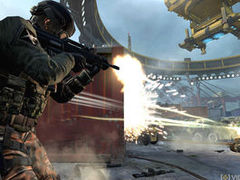
/https://oimg.videogamer.com/images/e869/call_of_duty_black_ops_2_3.jpg)
